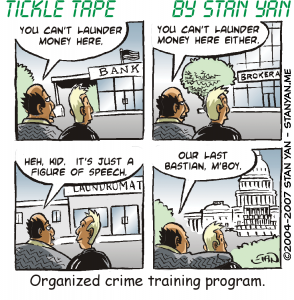The mind is similar to a muscle. When you go on a long run, for example, you soon run out of energy. You can’t go any farther. Your muscles begin to ache and you need to take a rest and recuperate before you start moving again. It’s the same when it comes to working as a trader. It’s vital that you consider that the mind has limited energy and that after putting in a hard and tedious effort, you must take a rest and rejuvenate, so you can face the market action with a renewed sense of vigour.
Trading often comes down to performing in a peak performance state at a few key moments. To take advantage of these key moments, you must be relaxed. If you have strained your mental “muscles,” you’ll have difficulty taking advantage of these opportunities. Your mind will be elsewhere or you’ll be too tired to act decisively. When you’re tired, it’s hard to gauge market action accurately. You’ll be prone to decision-making biases and you may act impulsively because you are too tired to patiently wait for the proper signals to enter or exit a trade. By staying relaxed yet full of energy, you’ll be able to trade in a logical and consistent manner.
You don’t need to perform at a peak performance state every minute of your life. Many people can work for only a limited number of hours a day, and if we try to work in marathon stretches, it eventually catches up with us and is shown by our weak performance. Just as a runner must rest when his or her muscles ache, it’s vital to take breaks after a marathon work session. In the end, it’s a matter of personally-identifying how many hours you can perform at your peak performance state, and developing a specific plan to make sure that you have enough rest and relaxation to work in this optimal state when it is necessary. If you work too many hours without taking a rest, you’ll expend all available energy. It’s vital that you take a rest and rejuvenate.
Part of trading profitably is the acknowledgement of your limitations and putting together sensible ways to work around them. Don’t set yourself up for failure by trying to live up to expectations that you personally just can’t achieve (such as putting in 60 hours a week or going without enough sleep). It is necessary to work only for a reasonable number of hours and to take frequent breaks to regain your mental composure and be ready to tackle the new challenges the market throws at you. If you know how to manage your energy so that it is always at an optimal level, you’ll be able to trade profitably and consistently.


